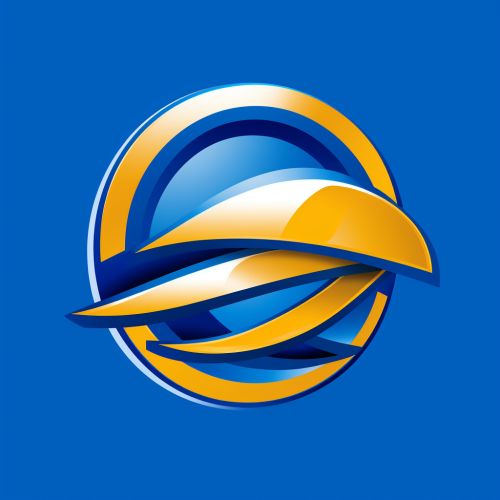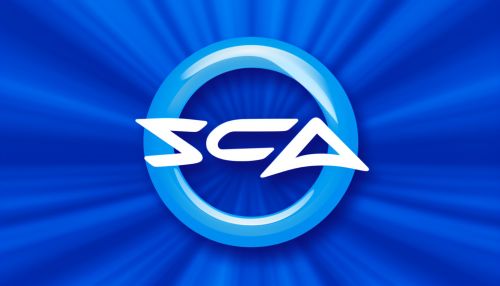Sega
History
Sega, originally a manufacturer of arcade games, slot machines, and jukeboxes, was founded in 1940 as Standard Games in Honolulu, Hawaii, United States, by Martin Bromley, Irving Bromberg, and James Humpert. In 1951, the company rebranded as Service Games when it moved to Tokyo, Japan. In 1960, Service Games was renamed to Sega Enterprises Ltd. after a merger with Rosen Enterprises, a company founded by David Rosen, an American officer stationed in Japan.
Sega's first major product was the electro-mechanical game Periscope, released in the mid-1960s. This game was a success, leading to the company's entrance into the home console market with the SG-1000 in 1983. The SG-1000 was not a success, but the company found success with the release of the Sega Master System and the Sega Genesis (known as the Mega Drive outside North America).
Sega's fortunes changed in the 1990s with the release of the Sega Saturn and the Sega Dreamcast. The Saturn was a commercial failure, while the Dreamcast initially had strong sales but quickly fell behind its competitors. In 2001, Sega discontinued the Dreamcast and exited the console hardware market, instead focusing on software development as a third-party developer.


Products
Sega has produced numerous home video game consoles and handheld consoles. These include the SG-1000, Sega Master System, Sega Genesis (Mega Drive), Sega CD, Sega 32X, Sega Saturn, and Sega Dreamcast. Sega has also produced several successful arcade games, including Out Run, After Burner, and Virtua Fighter.
In addition to hardware, Sega has developed many successful franchises. These include Sonic the Hedgehog, Phantasy Star, Yakuza, and Total War. Sega has also developed several successful arcade games, including Out Run, After Burner, and Virtua Fighter.
Business Operations
Sega is headquartered in Tokyo, Japan, with numerous subsidiaries around the world. These include Sega of America, Sega Europe, Sega Australia, and Sega Sammy Holdings. Sega Sammy Holdings, formed in 2004 after a merger with Sammy Corporation, is the parent company of Sega.
Sega has also been involved in the development and publishing of mobile games through its subsidiary, Sega Networks. Sega Networks was established in 2012 to focus on developing games for mobile devices.
Impact and Legacy
Sega has had a significant impact on the video game industry. The company's innovative hardware designs and software titles have influenced many other companies in the industry. Sega's aggressive marketing strategies, particularly during the 16-bit era, have also been influential.
Sega's mascot, Sonic the Hedgehog, has become one of the most recognizable characters in video game history. The Sonic series has sold over 140 million copies worldwide, making it one of the best-selling video game franchises of all time.
